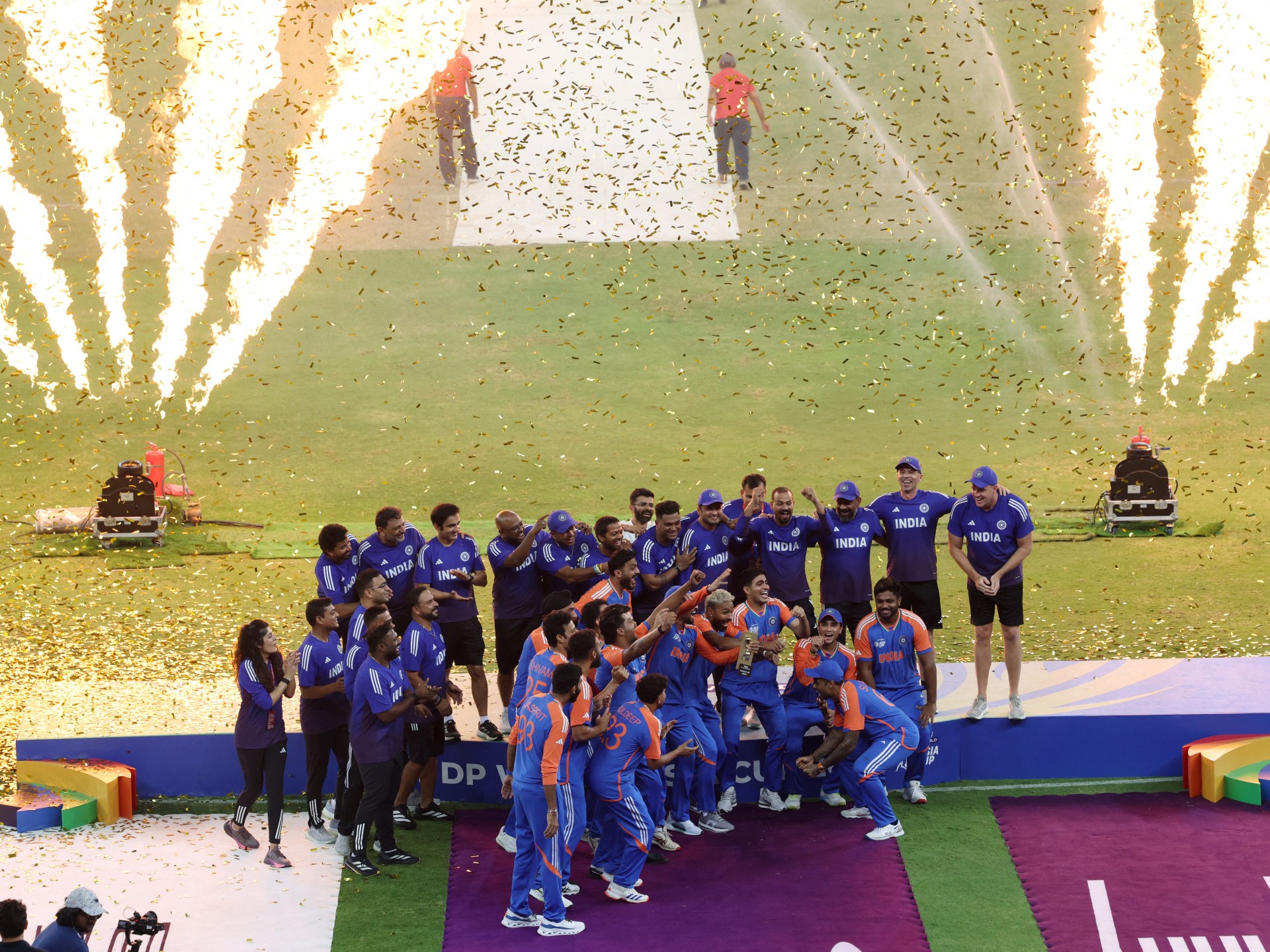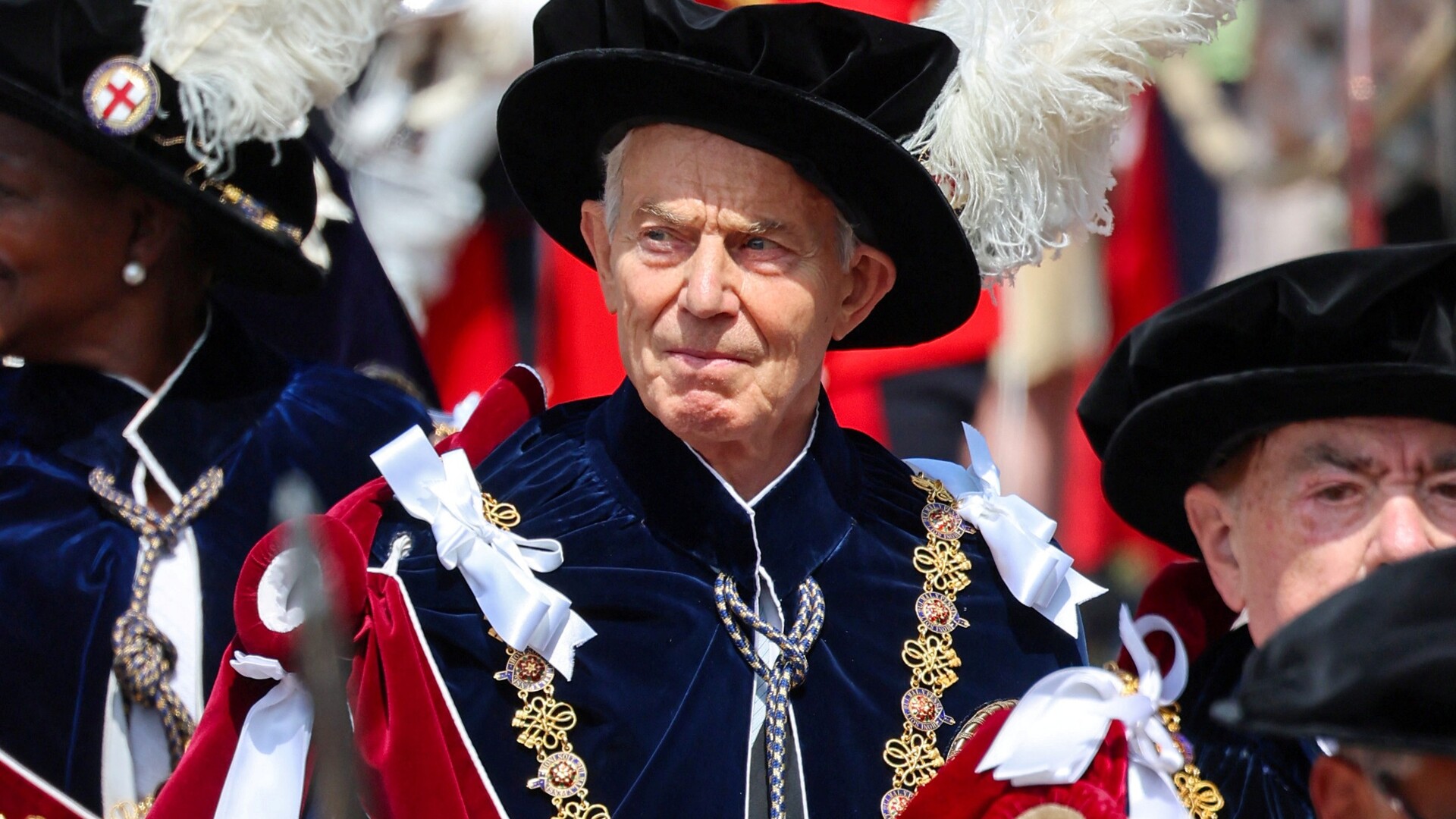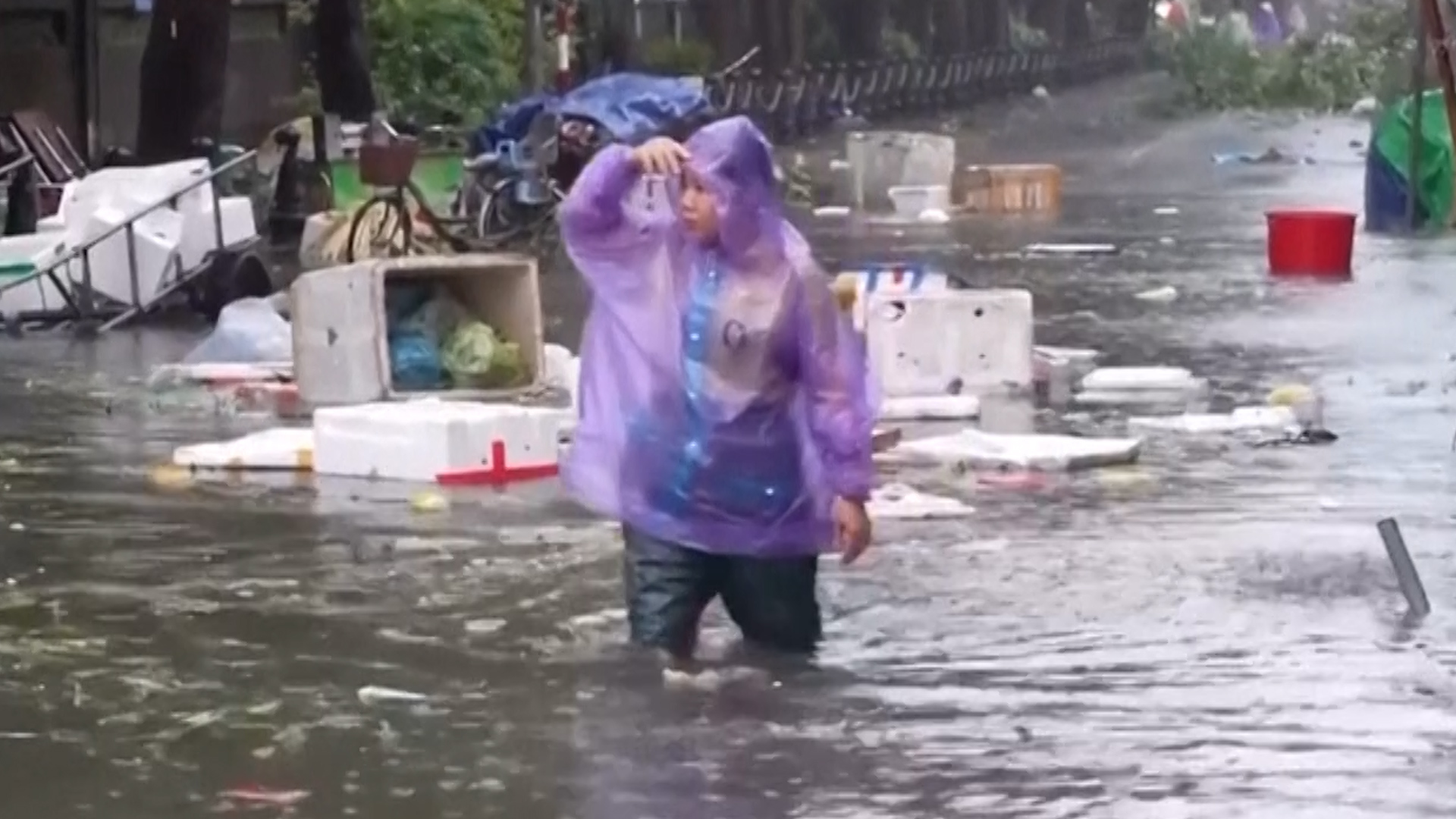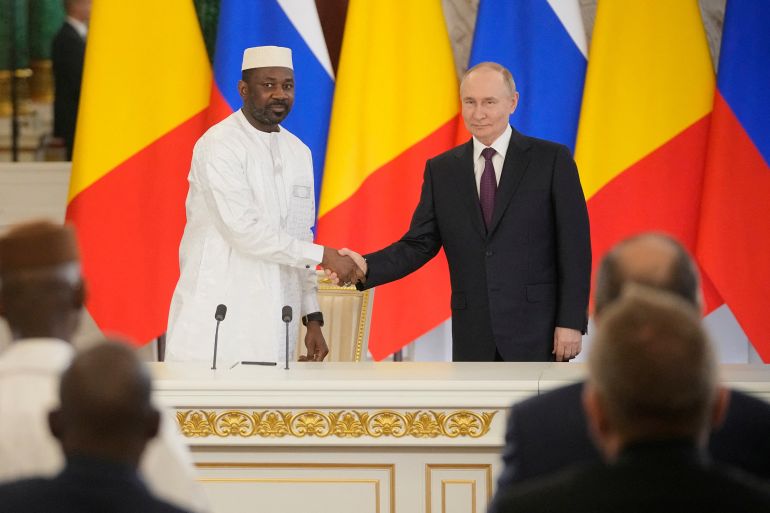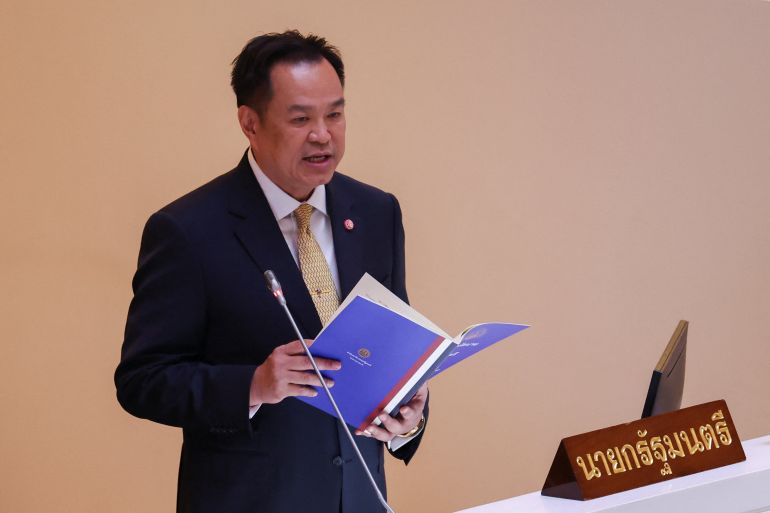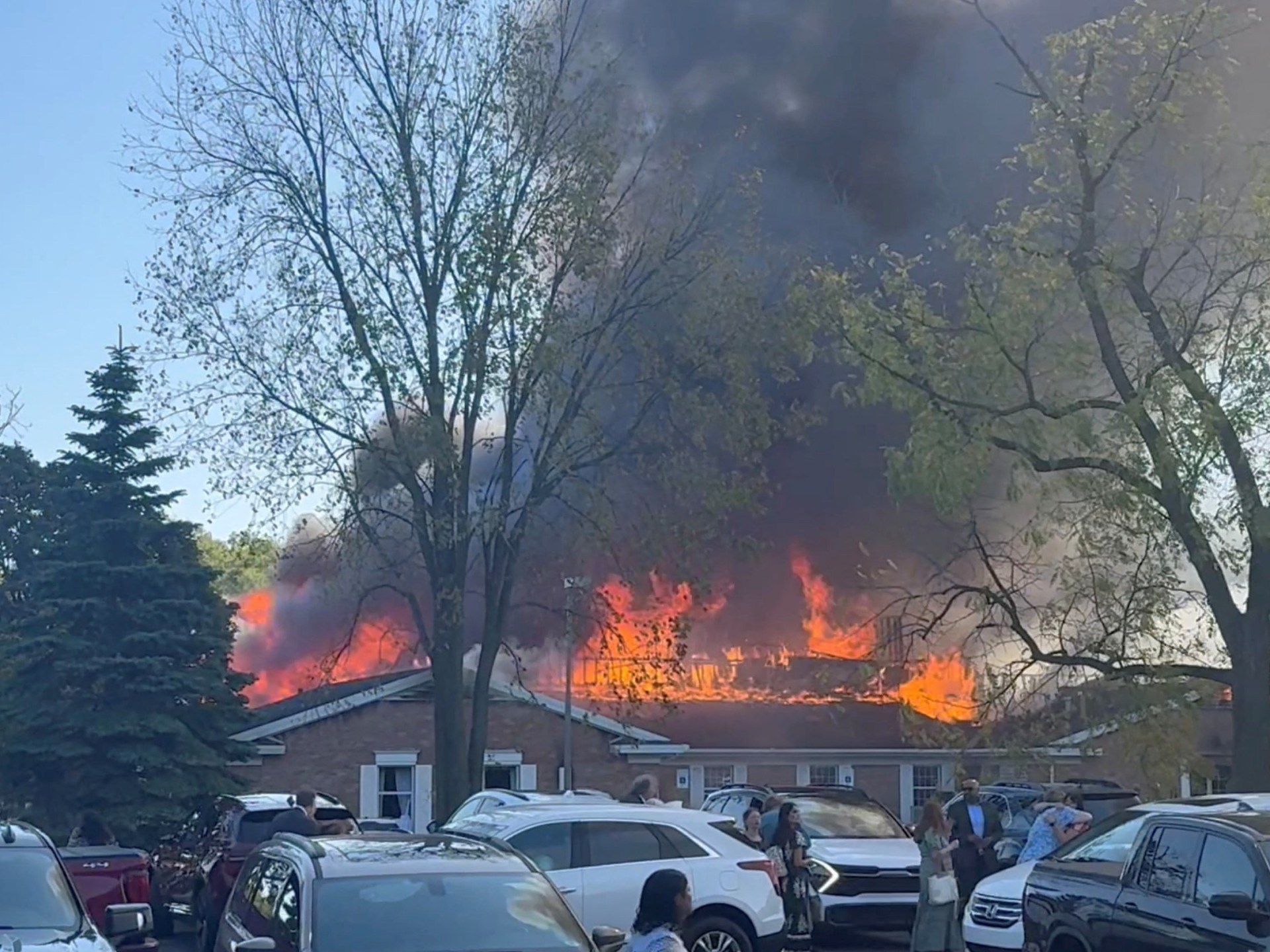When India and Pakistan’s cricket team refused to accept the Asia Cup trophy after taking their neighbors by five wickets in the Dubai final, the match pitted them against one another.
The match was the third contest between the rivals in the tournament, four months after they fought a short but intense aerial war,  , triggered by a deadly April 22 attack on tourists in Pahalgam in Indian-administered Kashmir.
India refused to accept the trophy; why?
Because Mohsin Naqvi, the president of the Asian Cricket Council (ACC), and the PCB’s chairman, gave the trophy to India, the country refused to accept it.
Naqvi is also Pakistan’s federal interior minister.
Devajit Saikia, the chairman of the Board of Control for Cricket in India (BCCI), informed India’s ANI news agency that “we have decided not to accept the Asia Cup trophy from the ACC chairman, who happens to be one of the main]political leaders of Pakistan.
The gentleman will not bring the trophy along with the medals, the gentleman said. So it is very unfortunate and we hope that the trophy and the medals will be returned to India as soon as possible”, Saikia said, referring to a bizarre sequence of events that played out after the conclusion of the match.
What took place during the India-Pakistan Asia Cup match?
The final award presentation was delayed until midnight (20:00 GMT), but the game ended around 10:30 PM (18:30 GMT). Naqvi could be seen in television footage, speaking with match officials.
Unrequitedly, an official removed the Asia Cup champions trophy from the raised dais before the presentation began and after the stage was set up.
Other dignitaries were present at the ceremony, including Indian players Kuldeep Yadav, Abhishek Sharma, and Tilak Varma. Naqvi was on stage when this happened, but the Indian players did not acknowledge the ACC chief and Pakistani minister, who also did not clap for them.
Salman Agha, the captain of Pakistan, collected the cheque for Naqvi after the match.
The Indian cricket team won’t be collecting their awards tonight, according to Simon Doull, a former New Zealand international cricket player, who gave the post-game presentation.
Doull then announced the conclusion of the post-match presentation ceremony.
The Indian team then shook their heads and made out with a trophy.
The trophy is typically kept with the tournament organizers until it is handed over to the winners, but officials have not confirmed where it is currently located. Up until late on Sunday, the Indian team had not received it.
“I think this is one thing which I have never seen since I started playing cricket, started following cricket, that a champion team is denied a trophy, that too a hard-earned one”, Indian captain Suryakumar Yadav said during a news conference after the presentation. We merit it, in my opinion. I’ve really summarized it, and I can’t say anything more.
Yadav added it was the team’s decision to refuse the trophy and “no one told us to do it”.
What context does it serve?
Relations between India and Pakistan have been tense for years. But they plummeted further after gunmen killed 26 men during an attack on Pahalgam, a tourism site in Indian-administered Kashmir, on April 22.
The attack was blamed on TRF, an armed group that demands Kashmir’s independence. Islamabad refutes the claim that India alleges that the TRF is a branch of the Lashkar-e-Taiba (LeT), an alleged allegiance of Pakistan.
Following the attack, the two countries scaled back diplomatic relations and India suspended its participation in the Indus Waters Treaty.
In the course of Operation Sindoor, India launched numerous missile attacks on locations in Pakistan and Pakistan-administered Kashmir on May 7. Different civilians were reported to have been killed at nine sites in Pakistan, according to India.
On May 10, Pakistan launched Operation Bunyan Marsoos, targeting at least six Indian military sites and killing at least 5 Indians, according to Indian authorities.
US President Donald Trump announced a ceasefire agreement the same day.
Have there also been growing cricket tensions?
Yes, Sunday’s eruption of hostilities after the match was the culmination of weeks of tension that had clouded the Asia Cup.
Many politicians and powerful public figures in India had demanded that their country’s cricket team not play against Pakistan, including some who are supportive of Prime Minister Narendra Modi’s Hindu-majoritarian Bharatiya Janata Party government.
Pro-Modi television channels criticized the BCCI for playing the Asia Cup alongside Pakistan, which has recently had a close relationship with the Indian government. The BCCI said it was following the government’s instructions, under which India refuses to play bilateral tournaments with Pakistan but participates in multi-nation contests – including in games against Pakistan in those events.
In three games, India and Pakistan eventually squared off against one another.
India’s players refused to shake hands with the Pakistani team despite winning all three of them, including the final, which Pakistan had criticized.
After the first match on September 14, Indian captain Yadav brought up the conflict during his speech, dedicating the win to the Indian army. We support the families who lost in the terror attack in Pahalgam. Our solidarity is expressed. Want to dedicate the win to all our armed forces who showed a lot of bravery”, Yadav said during the post-match presentation.
In response to Indian spectators’ heckling during matches, Pakistani pacer Haris Rauf signaled 6-0 with his hands and gestured the downing of an aircraft, in response to Pakistan’s claim that six Indian aircraft were downed by Pakistan during their May clashes. India has acknowledged that Pakistan shot down an undisclosed number of Indian aircraft.
After the second game between Pakistan and India on September 21, Pakistani opener Sahibzada Farhan reached 50 runs. He cradled his bat like a machinegun as a sign of respect from many Indian fans, and he pretended to fire as a result. Gunmen shot non-Muslims after asking tourists if they were Muslims in the Pahalgam attack.
On Sunday, Farhan reached 50 runs again, but this time, celebrated his milestone silently.
Naqvi’s behavior during the tournament has also been questioned by India. He is PCB boss, despite the expectation that he will be neutral as ACC chief. When the Indian team refused to shake hands after the first match, he posted on X: “Utterly disappointing to witness the lack of sportsmanship today. Politics being ingrained into sports is against the spirit of the game. Let’s hope that all teams will celebrate victories with grace in the future.
In another post on September 15, Naqvi wrote: “There is nothing more important to me than the honor and prestige of my country”, adding the Pakistani flag emoji at the end.
What have the tensions from the Asia Cup been said by Indian and Pakistani leaders?
After the game, Indian Prime Minister Narendra Modi wrote in an X-post: “#OperationSindoor on the games field. Outcome is the same – India wins! Congratulations to the cricketers.
Naqvi responded, “If war was your measure of pride, history already records your humiliating defeats at Pakistan’s hands.” No cricket match can rewrite that truth. Involving sports only exposes desperation and discredits the game’s core values.
Not always in this way, either.
Hasn’t cricket been a bridge between India and Pakistan?
In fact, Pakistan and India’s leaders have used cricket as a diplomatic tool to avert tensions, create a conducive environment for dialogue, and establish a political climate in the wake of tensions.
Pakistan’s President Mohammad Zia-ul-Haq, who ruled the nation from 1978 to 1988, made the concept of “cricket diplomacy” a household name.
In February 1987, Zia-ul-Haq visited India to watch a test match while tensions over Kashmir were at a high after India had amassed troops along their disputed border.
India hosted its first bilateral test series in a decade just eight months after the neighbours had both tested nuclear weapons, which sparked soaring tensions. In January, Pakistan’s players took a lap around the stadium to receive a standing ovation from Indian fans, underscoring how cricketers as well understood their role in public diplomacy.
Between 2003 and 2008, cricket diplomacy reached its peak, with India and Pakistan each hosting the other for two test series. Pervez Musharraf, the president of Pakistan, traveled to India to meet with Manmohan Singh, the prime minister of India, in April 2005. The two leaders were present for a match between their respective cricket teams.
In March 2011, Singh invited Pakistani Prime Minister Yousuf Raza Gilani to watch the World Cup semifinal between India and Pakistan with him. Gilani accepted the invitation and traveled to India.
Was India’s rejection unexpected?
In many ways, the events of Sunday were predictable, say experts. Naqvi, the ACC chief, would be handing the winner’s trophy, according to the organizers.
According to analysts, India’s response was also not unexpected.
“It is often said that international politics and sports should remain separate, but in reality, this is easier said than done”, said Mathew John Moolakkattu, a researcher whose doctoral work at Amrita Vishwa Vidyapeetham University in Coimbatore, India, explored cricket diplomacy.
It was probably inevitable that these strains would surface in areas like cricket where India and Pakistan are still at war with one another.
Yadav, the Indian Army’s captain, had also announced that he would donate his entire match fees, according to Moolakkattu.
“The Indian team made it clear that while they were proud to accept the trophy, they would not do so from Naqvi due to the underlying tensions and unresolved issues between the two countries”, he said.
India’s position reflects a wider desire to distance itself from Pakistan on all fronts, whether it is in sports, politics, border issues, or trade. Such diplomatic and symbolic gestures will likely continue until the Indian government accepts that Pakistan has made the necessary adjustments, according to Moolakkattu. Pakistan rejects India’s allegations of support for cross-border “terrorism”.
